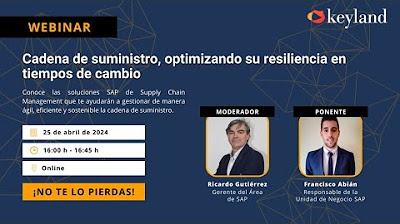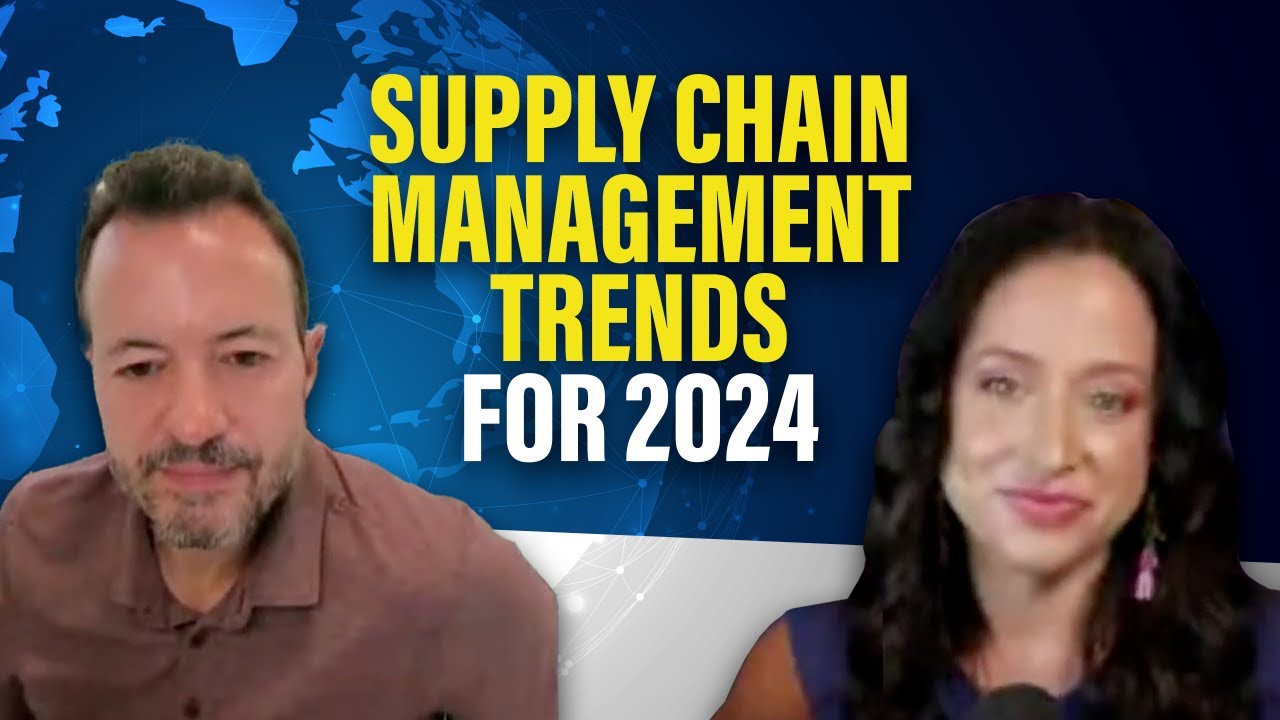Seeking Out Disagreement, Buster Benson
Summary
TLDR这段采访主要探讨了理解和管理分歧的重要性。嘉宾认为,生产性地处理分歧不仅是一项关键技能,更是一种心理技术,能帮助我们更好地获取新技能,解决问题。他提出了一些建议,比如邀请不同群体进行对话、共享美食等,来增进相互理解。此外,他还反思了硅谷科技行业在这一过程中的作用,呼吁通过自省和开放态度来缓解分化。总的来说,这段对话为我们提供了富有洞见的视角,帮助我们以更积极、有建设性的方式看待分歧。
Takeaways
- 😄 我们正处于一个难以解决分歧的时代,因为沟通方式往往无法让双方真正理解对方的观点和价值观。
- 🤝 生产性分歧是一项元技能,可以帮助我们更好地获取新技能和看待问题。
- 🧠 焦虑是我们内心价值观受到挑战的信号,可以成为建立共同理解的出发点。
- 🔍 培养好奇心有助于我们打开心胸,更加理解他人的观点,是解决分歧的关键。
- 🍽 共同用餐可以缓解紧张气氛,让人更容易建立友好关系,从而促进生产性交流。
- 👨💻 科技行业在一定程度上加剧了人们之间的分歧和对立,应当反思并采取改正措施。
- 🗺 尝试加入不同的在线论坛或社群,主动与持有不同观点的人进行对话交流。
- 🌐 通过长期的对话实践,我们可以培养跨越分歧的能力,为社会带来正面影响。
- 👥 需要更多无所属"部落"的中立者,在不同阵营之间进行沟通和调解。
- 📖 阅读相关书籍和研究成果,有助于我们更全面地理解分歧的本质和解决之道。
Q & A
为什么会出现吵架的情况?
-人们会感到沮丧和束手无策,觉得之前所采取的方式都失败了,因而选择吵架的方式来表达自己。
什么是"生产性分歧"作为一种元技能?
-生产性分歧是一种能提高我们获取其他技能能力的元技能,就像语言和阅读一样,掌握了这种技能后,我们可以更快地获取新知识和技能。
特朗普当选对作者产生了什么影响?
-作者意识到,尽管他自认为擅长与持不同观点的人进行理性对话,但在特朗普当选后,他发现自己无法与亲密朋友进行有效沟通,这促使他反思并致力于提高这方面的技能。
作者提出了哪些具体建议来促进生产性分歧?
-作者建议主动加入不同的社交平台和群组,与持有不同观点的人进行对话;与亲朋好友就争议话题展开对话并记录分析;邀请他人就分歧问题进行对话等。
作者认为在分歧对话中面对焦虑时,我们应该怎么做?
-焦虑往往源于我们内心的某种价值观或信念受到威胁。我们应该审视自己的焦虑,并由此作为切入点与他人展开对话,了解对方的想法和价值观。
作者认为科技行业在加剧分歧方面扮演了什么角色?
-科技行业以为能够通过连接世界和赋予每个人发言权来造福世界,但忽视了可能带来的负面影响。现在,行业内部也存在严重的意识形态分歧。
《Letter》社交平台对促进跨界对话有何贡献?
-Letter提供了一个长篇对话的平台,让持有不同观点的人能够耐心地进行深入交流,相互了解对方的立场,并努力达成某种共识。
关于罗宾迪安吉洛的《白人脆弱》一书,作者有何看法?
-作者认为,人们可能对迪安吉洛的观点存在误解,她的论点是复杂而有细微差别的,我们应该耐心细读她的原著,而不是武断地对其工作进行评判。
共同用餐对促进分歧对话有何益处?
-共同用餐能让人放松,降低对立情绪;需要当事人亲自出席;饮食文化也能增进人与人之间的亲和力,让人把对方当作朋友或家人看待。
作者希望这本书能带来什么影响?
-作者希望人们将分歧对话视为一种可以不断实践和提高的技能,并且通过个人的体验和实践,来改变人们对于生产性分歧的期待。
Outlines

This section is available to paid users only. Please upgrade to access this part.
Upgrade NowMindmap

This section is available to paid users only. Please upgrade to access this part.
Upgrade NowKeywords

This section is available to paid users only. Please upgrade to access this part.
Upgrade NowHighlights

This section is available to paid users only. Please upgrade to access this part.
Upgrade NowTranscripts

This section is available to paid users only. Please upgrade to access this part.
Upgrade NowBrowse More Related Video

CMR Interview: Simon Ree On Trading Success, Trend Following And Trading Options

CMR Interviews: Andy Constan On His Holistic Approach To Trading The Markets

Highlights of the Fireside Chat with Ilya Sutskever & Jensen Huang: AI Today & Vision of the Future

Webinar | Cadena de suministro, optimizando su resiliencia en tiempos de cambio

Diferencia Entre Logística Y Cadena De Suministros

Supply Chain Management Trends for 2024 and Beyond
5.0 / 5 (0 votes)
